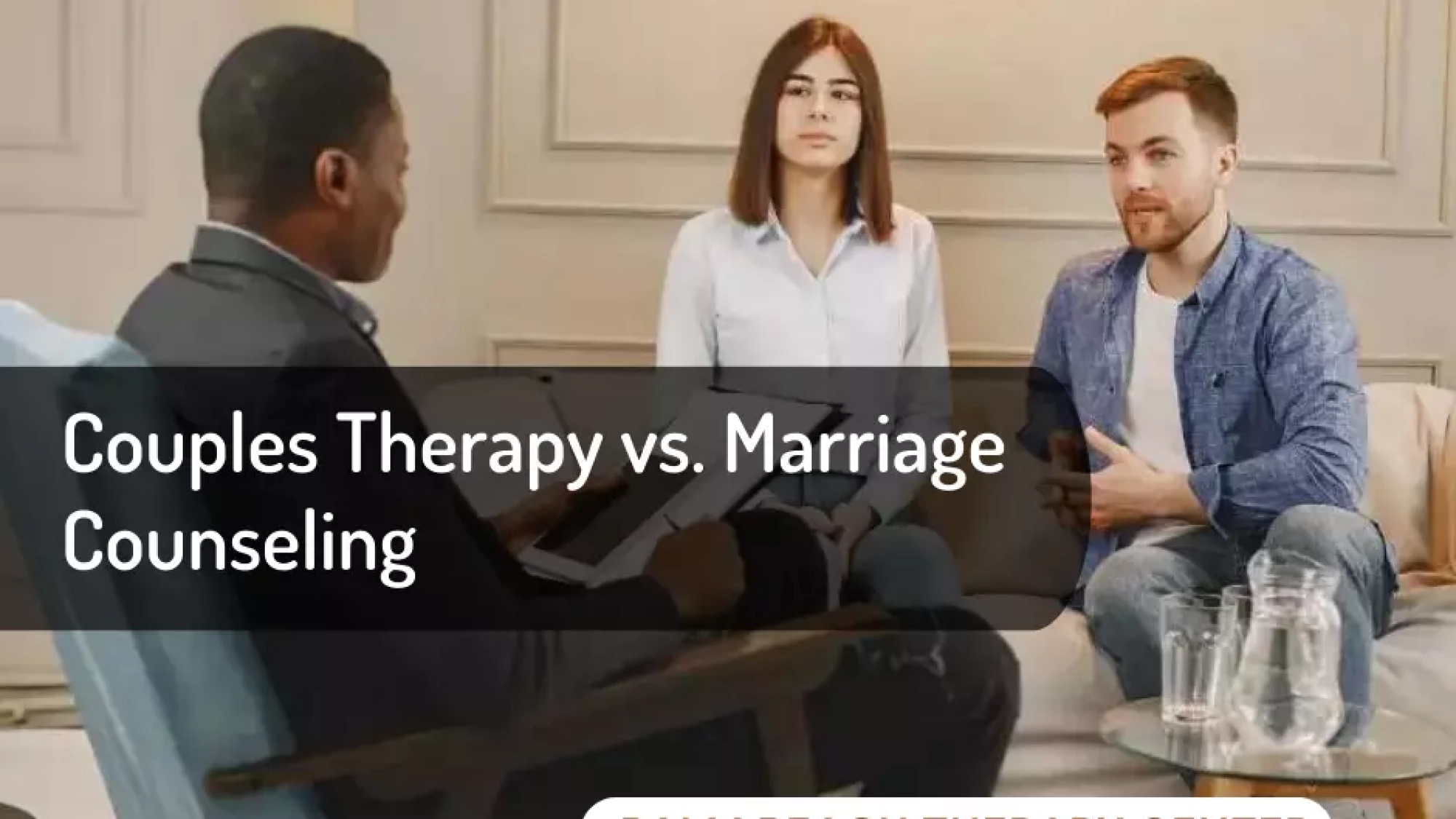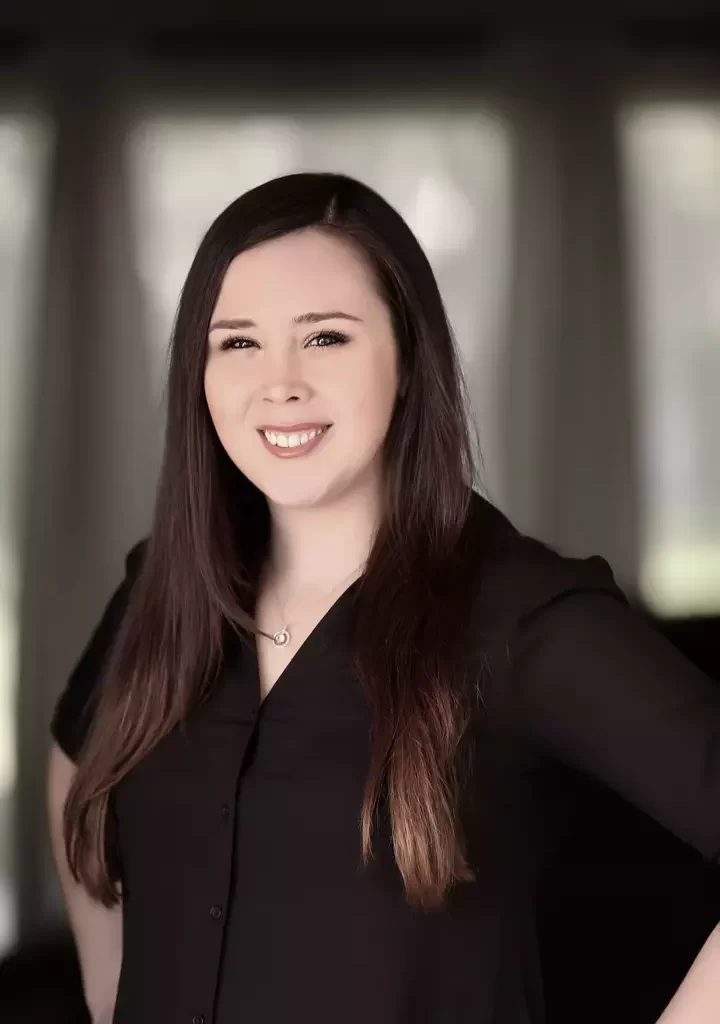When a couple is dealing with certain difficulties, another concern becomes what to do about it. The couple might choose to deal with the issue on their own, consult a third party, or even separate if they deem the issues too grand or unresolvable. But if you’re dealing with issues in your relationship and decide to seek a professional’s help, you have more than one option. Couples’ therapy and marriage counseling are two of them.
Couples Therapy vs. Marriage Counseling: Aren’t they the same thing?
In many ways, couples’ therapy and marriage counseling are extremely similar. After all, the primary goal of both is to help two people in an intimate relationship work through their issues via sessions with a professional. Couples in both situations come in with the intention of strengthening their relationship, with people in couples’ therapy often considering marriage.
Couples’ therapy also commonly serves as premarital counseling, whereby couples attempt to see if they are compatible for marriage. In both cases, couples are serious about one another and are interested in untangling the knots that restrict them from effectively moving forward with their union.
Still, couples’ therapy and marriage counseling are not one and the same, so there remain some differences that distinguish them from one another. The nature of the couple’s relationship usually differs, along with the role of the therapist and their participation.
Couples Therapy vs. Marriage Counseling
While both deal with couples’ concerns, couples’ therapy is more of a psychotherapeutic treatment that addresses both individuals’ personal struggles. Many of these struggles might be influencing the couples’ communication or relationship satisfaction, so it is useful to bring them to light.
In other words, when couples are in therapy together, they both have the opportunity to share what might be troubling them and how it might be affecting their ability to be present in their relationship. Based on these troubles, the couple and therapist would set the treatment goals together and decide on the best course of action.
Because couple’s therapy is done with the main purpose of addressing potential baggage brought into the relationship, the couple’s sessions can be done individually. If the couple chooses that option, each partner would attend parallel one-on-one sessions with the therapist and discuss the issues that concern them. The therapist would follow up with each partner and help connect the dots and identify the gaps. After the therapist understands what might be disconnecting the partners, they can then come in for common sessions and start working on the issues together.
On the other hand, marriage counseling consists of what can be considered a consultation process by a couple regarding issues specifically related to their marriage. The goal would usually be to arrive at a certain decision that is of benefit to the marriage as a whole, and the type of concerns vary widely. The issues could be financial, sexual, domestic, or familial, among many others.
Think of couples’ therapy as an untangling of old knots that might be burdening the relationship, trying to get to the root cause of relationship problems. Marriage counseling deals with current unresolved relationship issues and dilemmas, aiming at arriving at a specific choice.
Which one is for me?
Overall, if you’re a couple who just wants to improve their relationship on a multitude of levels, both couples’ therapy and marriage counseling will be a good fit.
If you’re married and have never been to therapy together nor did any premarital counseling, your sessions will be very helpful in bringing back old memories to each of you and helping identify how these might have affected your current relationship patterns. And if you’re not yet married, couples’ therapy would be a great option for you to reinforce your compatibility.



